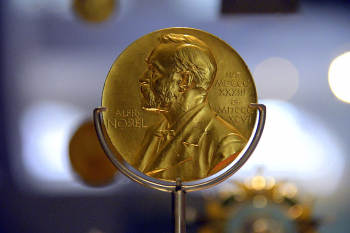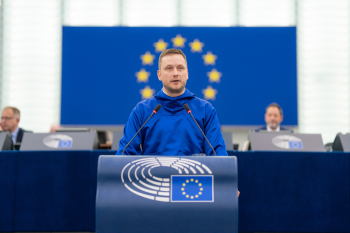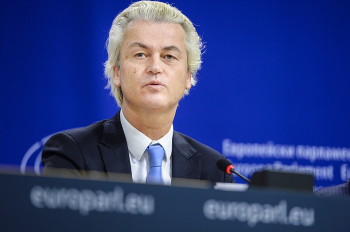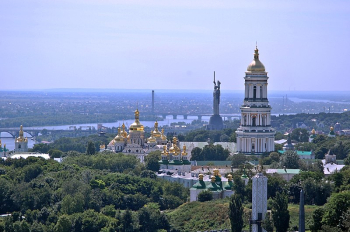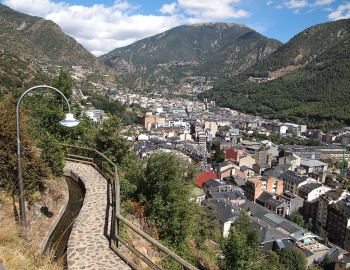
A potpourri of 48 political parties contested South Africa's general election Wednesday - a record number.
Here are snapshots of some of the front-runners:
- African National Congress -
The African National Congress rose from a liberation movement to govern Africa's most industrialised country, but its once-glorious image has been tainted by its record in office.
It was founded in Bloemfontein in 1912 to fight against the white minority government's restrictions on free movement and land ownership by blacks.
During the anti-apartheid struggle, the ANC espoused socialist values and had many communist members, but in power, it has adopted a more liberal economic programme.
It has easily won all post-apartheid elections and has a stranglehold on parliament, where it has held over 60 percent of the 400 seats since the dawn of democracy.
It goes into the elections under Cyril Ramaphosa who took over less than 18 months ago from Jacob Zuma, whose rule was defined by corruption among party and government officials, and weak economic growth.
- Democratic Alliance -
The Democratic Alliance was established in 2000 as a merger of three "white" parties.
One among these was the former Democratic Party, which had opposed the then-ruling National Party in parliament, and another the New National Party -- which had tried, unsuccessfully, to distance itself from its predecessor's racist past.
The DA has been the largest opposition party for nearly two decades, with 89 seats in the outgoing parliament.
Long viewed as the party for middle-class whites, the DA heads into elections under its first black leader Mmusi Maimane, who took the reins in 2015.
- Economic Freedom Fighters -
The EFF was created in 2013 by the firebrand ex-ANC youth leader Julius Malema, shortly after he was expelled from the ruling party.
His new party took 25 seats in parliament in 2014 and polls suggest it could nearly double that Wednesday by tapping into the anger of millions of poor, unemployed black South Africans.
The EFF describes itself as a "radical and militant economic emancipation movement" and its flagship policy is to seize land from white owners without compensation to give to poor blacks.
The anti-capitalist party also advocates for the nationalisation of mines and banks.
- Inkatha Freedom Party -
Founded in 1975 as a political and cultural movement, it transformed into a political party 15 years later and has had only one leader: Mangosuthu Buthelezi, 90.
It is motivated by Black Conciousness political ideology and derives most of its support from the Zulu ethnic group in the southeastern KwaZulu-Natal province.
In the first non-racial elections in 1994, the IFP won 43 seats -- but its showing dwindled to just 10 seats in the last vote in 2014.
- United Democratic Movement -
Formed in 1998, its leader is Bantu Holomisa, former leader of the apartheid-era Transkei "independent" homeland -- areas where blacks were moved to separate them from whites. Holomisa is another former ANC member.
The UDM's biggest support base is in the Eastern Cape province.
Contesting its first election in 1999, the party garnered 3.5 percent of the vote and secured 14 seats in the national assembly. Its support has slipped to just four lawmakers in the outgoing parliament.
- GOOD -
The Good party was formed just six months ago by Patricia De Lille, a former DA mayor in the city of Cape Town who had split from the DA in an acrimonious row.
It could take some of the DA support base in the Western Cape, but its political potential is as yet untested.AFP

